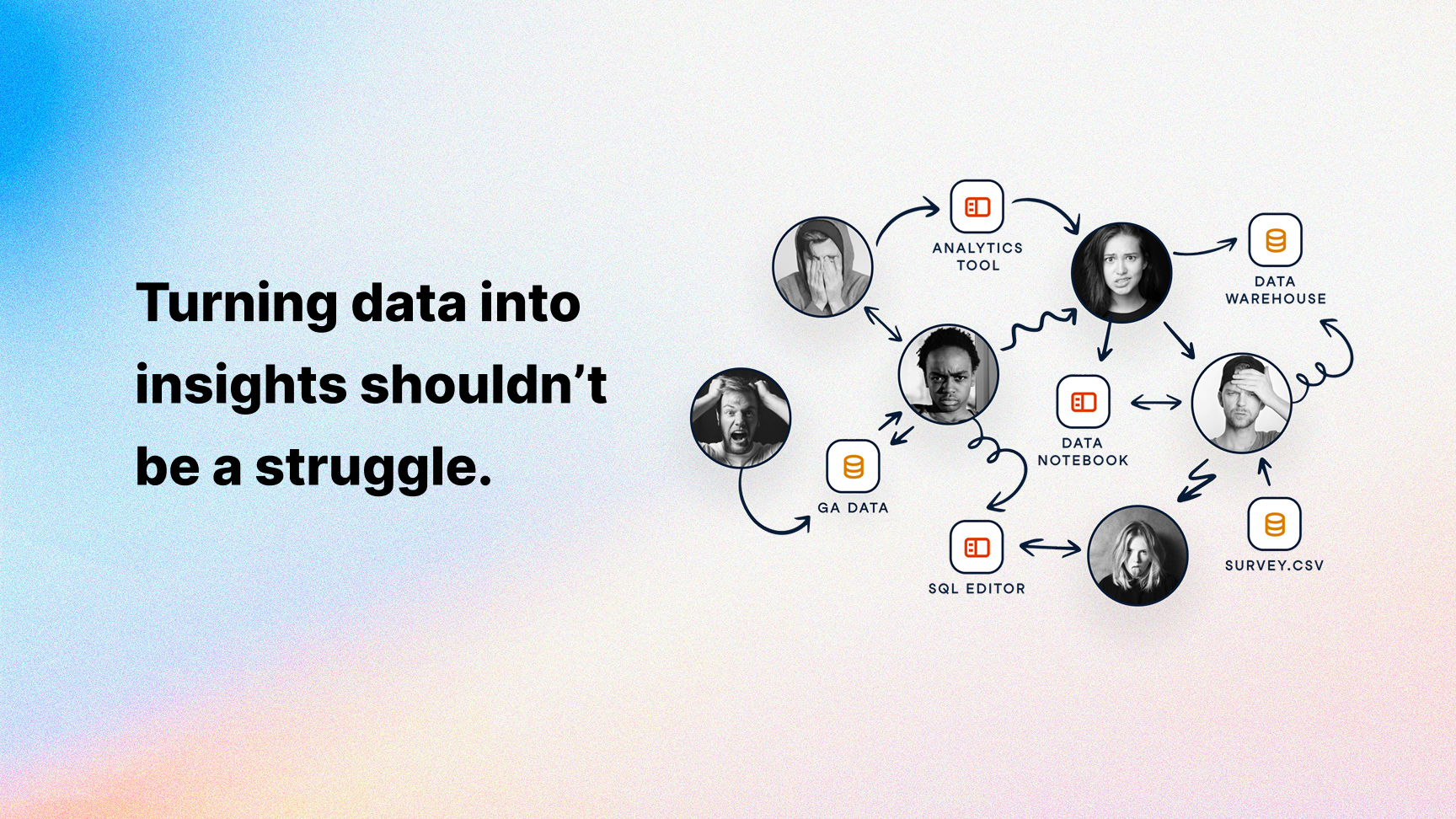DataCamp is a platform for building data skills through interactive, expert-guided courses across Python, R, SQL, and more. DataLab, its companion workspace, lets users explore data, write and run code, visualize results, and share notebooks in the cloud.
This project centers on DataLab Copilot, an AI assistant that supports the workflow end-to-end—from code completions and chat help in the IDE to explanations and documentation guidance directly inside DataLab.

DataLab (formerly known as Workspace) represents a strategic expansion of DataCamp’s data science learning ecosystem. While learners gain essential analytical and programming skills through courses, their next challenge is to demonstrate these skills effectively in real-world contexts.
DataLab bridges this gap by providing a structured environment to generate and present data insights using interactive notebooks. As large language models began reshaping the way people work with data in 2023, this project reimagined the notebook experience—enhancing usability and integrating an AI assistant to help users explore, analyze, and communicate insights more intuitively.

Designing DataLab’s task experience came with several challenges. First, the notebook needed to remain powerful yet simple—most data science notebooks on the market are complex, with heavy setup requirements, and introducing new AI capabilities risked creating conflicts with existing interactions.
Second, because our primary users are students or aspiring data scientists, the cloud-based environment had to feel approachable, intuitive, and supportive of learning.
Third, we had to carefully balance traditional data science workflows with emerging AI-assisted features. Given the early limitations and hallucination risks of large models, it was important not to overpromise AI capabilities or diminish the reliability of standard tools. Maintaining trust while introducing innovation became a central design principle.

Progressive Disclosure: Use progressive disclosure to hide complexity until needed, keeping advanced settings in expandable sections. Align AI interactions with existing notebook patterns to reduce cognitive load, and provide ready-to-use default environments so learners can start immediately without tedious setup.
Balancing AI with standard data science features: Present AI capabilities in a clearly separated space (e.g., an assistant panel) to avoid disrupting core workflows. Add explainability elements to address hallucination risks. Ensure traditional notebook tools remain reliable, discoverable, and central to the experience—maintaining user trust while introducing new AI enhancements.